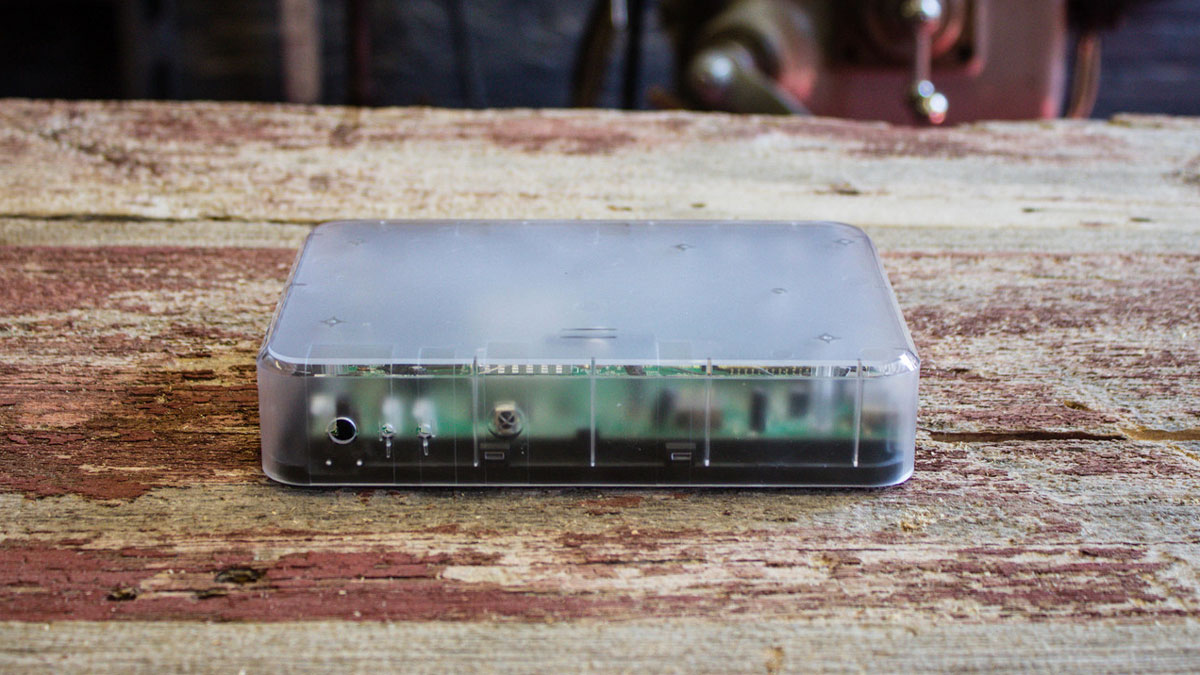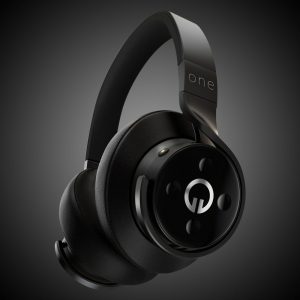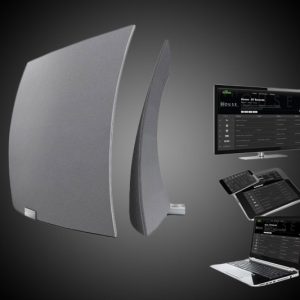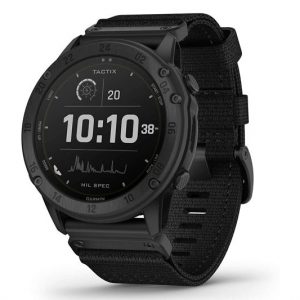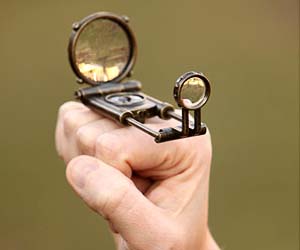Description
To be clear, the Internet flies in only one direction down Outernet’s information superhighway*. Each day, a 1 GB dose of data funnels through a dish antenna and lands in the company’s Lighthouse receiver, where it is available for anyone to download for free. So no emailing, no Skyping, no playing World of Tanks with your friend Cornelius. But given that many areas of the world go without easy physical access to the web, and that others have their service censored or restricted, the self-named “library in the sky” can still deliver a wealth of information and enlightenment (for better or worse) to isolated areas and people.
From books and news to videos and music, Lighthouse enables users to receive Outernet’s free data stream anywhere on earth. Generally, that’s 1GB of data per day, with the exception of sub-saharan Africa, which gets 100 GB. The box receives its one-way data multicast from Outernet’s network of 7 geostationary satellites. Once files come in, Lighthouse stores them on an internal drive, where they are then viewable with any browser or Wi-Fi-enabled device that’s connected to Lighthouse’s hotspot. Think of it as the Internet version of the HD antenna cable-cutters might buy to get the free local stations on their TV. For those in remote or underprivileged parts of the world, that’s a helluva lot.
The Outernet multicast includes the collections of Khan Academy, Wikimedia projects (including Wikipedia), Project Gutenberg, and the Open Education Consortium, as just a few examples. The system is ideal for classroom use, as teachers have the option of specifying what content from the multicast actually gets saved on Lighthouse. The box itself has 4GB of internal storage, plus another 3 USB ports for adding external storage. It can connect up to 5 devices at once, with a range of 50′.
Lighthouse usage requires access to the Outernet multicast via a Ku- or C-Band satellite dish (separate purchase and setup required). Other than the one-time purchase of this equipment, the service is completely free and requires no subscription. In addition to low-resource schools, Lighthouse creators see the device’s benefits extending to refugee camps, remote health centers, and homes in need of a place to store free music, videos, and ebooks.
*This Throwback Thursday brought to you by the 1990s and Al Gore.
